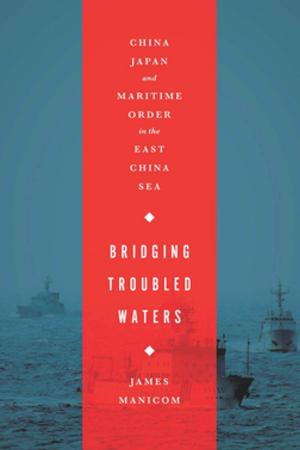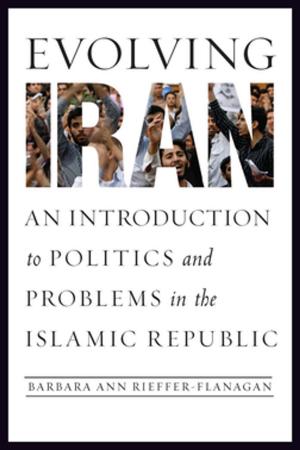Meeting China Halfway
How to Defuse the Emerging US-China Rivalry
Nonfiction, Social & Cultural Studies, Political Science, International, International Security, International Relations| Author: | Lyle J. Goldstein | ISBN: | 9781626161627 |
| Publisher: | Georgetown University Press | Publication: | May 1, 2015 |
| Imprint: | Georgetown University Press | Language: | English |
| Author: | Lyle J. Goldstein |
| ISBN: | 9781626161627 |
| Publisher: | Georgetown University Press |
| Publication: | May 1, 2015 |
| Imprint: | Georgetown University Press |
| Language: | English |
Though a US China conflict is far from inevitable, major tensions are building in the Asia-Pacific region. These strains are the result of historical enmity, cultural divergence, and deep ideological estrangement, not to mention apprehensions fueled by geopolitical competition and the closely related “security dilemma.”
Despite worrying signs of intensifying rivalry, few observers have provided concrete paradigms to lead this troubled relationship away from disaster. This book is dramatically different in that Lyle J. Goldstein’s focus is on laying bare both US and Chinese perceptions of where their interests clash and proposing new paths to ease bilateral tensions through compromise. Each chapter contains a “cooperation spiral” —the opposite of an escalation spiral—to illustrate these policy proposals. Goldstein makes one hundred policy proposals over the course of this book to inaugurate a genuine debate regarding cooperative policy solutions to the most vexing problems in US-China relations.
Goldstein not only parses findings from American scholarship but also breaks new ground by analyzing hundreds of Chinese-language sources, including military publications, never before evaluated by Western experts. Meeting China Halfway, new in paperback, remains a refreshing and unique contribution to the study of the world’s most important bilateral relationship.
Though a US China conflict is far from inevitable, major tensions are building in the Asia-Pacific region. These strains are the result of historical enmity, cultural divergence, and deep ideological estrangement, not to mention apprehensions fueled by geopolitical competition and the closely related “security dilemma.”
Despite worrying signs of intensifying rivalry, few observers have provided concrete paradigms to lead this troubled relationship away from disaster. This book is dramatically different in that Lyle J. Goldstein’s focus is on laying bare both US and Chinese perceptions of where their interests clash and proposing new paths to ease bilateral tensions through compromise. Each chapter contains a “cooperation spiral” —the opposite of an escalation spiral—to illustrate these policy proposals. Goldstein makes one hundred policy proposals over the course of this book to inaugurate a genuine debate regarding cooperative policy solutions to the most vexing problems in US-China relations.
Goldstein not only parses findings from American scholarship but also breaks new ground by analyzing hundreds of Chinese-language sources, including military publications, never before evaluated by Western experts. Meeting China Halfway, new in paperback, remains a refreshing and unique contribution to the study of the world’s most important bilateral relationship.















